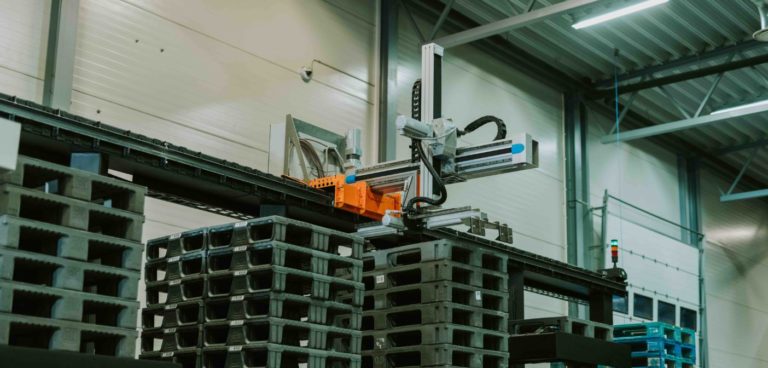No matter the industry, it is critical that sites operate safely, effectively and economically. To ensure this level of operation, processing facilities must know what is happening with machines and processes down to the device level. Plants can achieve this deep awareness by investing in technologies that provide the control and real-time diagnostic data needed to make educated and timely decisions. Smart valves and related pneumatic solutions are a few of these vital assets that monitor, measure and deliver data that can detect issues, save energy and help protect plants.
Once this valuable data is collected, connectivity guarantees that it is seamlessly linked to operational applications or appropriate experts. New designs and architectural approaches make it possible to securely export data to anyone, anywhere, with requisite permissions. Once intended users receive it, they can use a broad portfolio of scalable analytics, both on-premises and cloud-based, to leverage embedded expertise and human-centered dashboards. These tools generate new insights that can be delivered to the right person at the right time, wherever they are, to enable smart, fast and actionable decision-making.
Wireless networks make integration easy
Most end users include some wireless instrumentation in plant procedures, but they could quickly add more to improve operations, cut energy use and enhance safety. Industrial wireless networks and sensors can be used in a wide range of process measurements, usually offering dramatically lower costs compared to wired alternatives, with faster installation times and minimal disruption.
Using wireless technology on an electric actuator provides a simple method for harnessing diagnostic data stranded in these hard-to-reach valves, giving end users an effective means of delivering control commands, which are typically conveyed through wiring.
Wireless solutions connect valve actuators that are outside the end user’s main plant control infrastructure. The end user, applying wireless technology to gather data on hidden valves in their plant system, sends input control commands to valves, which are typically operated manually.
Also, utilizing wireless communication for control does not interfere with existing plant-wide systems. By using existing diagnostics available within the current plant control system, captured data from these stranded valves provide operators with information that can be used to prevent unplanned shutdowns.
Smarter pneumatics empower smarter decision-making
The standards and infrastructure for the industrial internet of things (IIoT) are continually evolving, driven by programmable logic controller (PLC) manufacturers. A future-proof platform starts with embedded intelligence at the device level.


